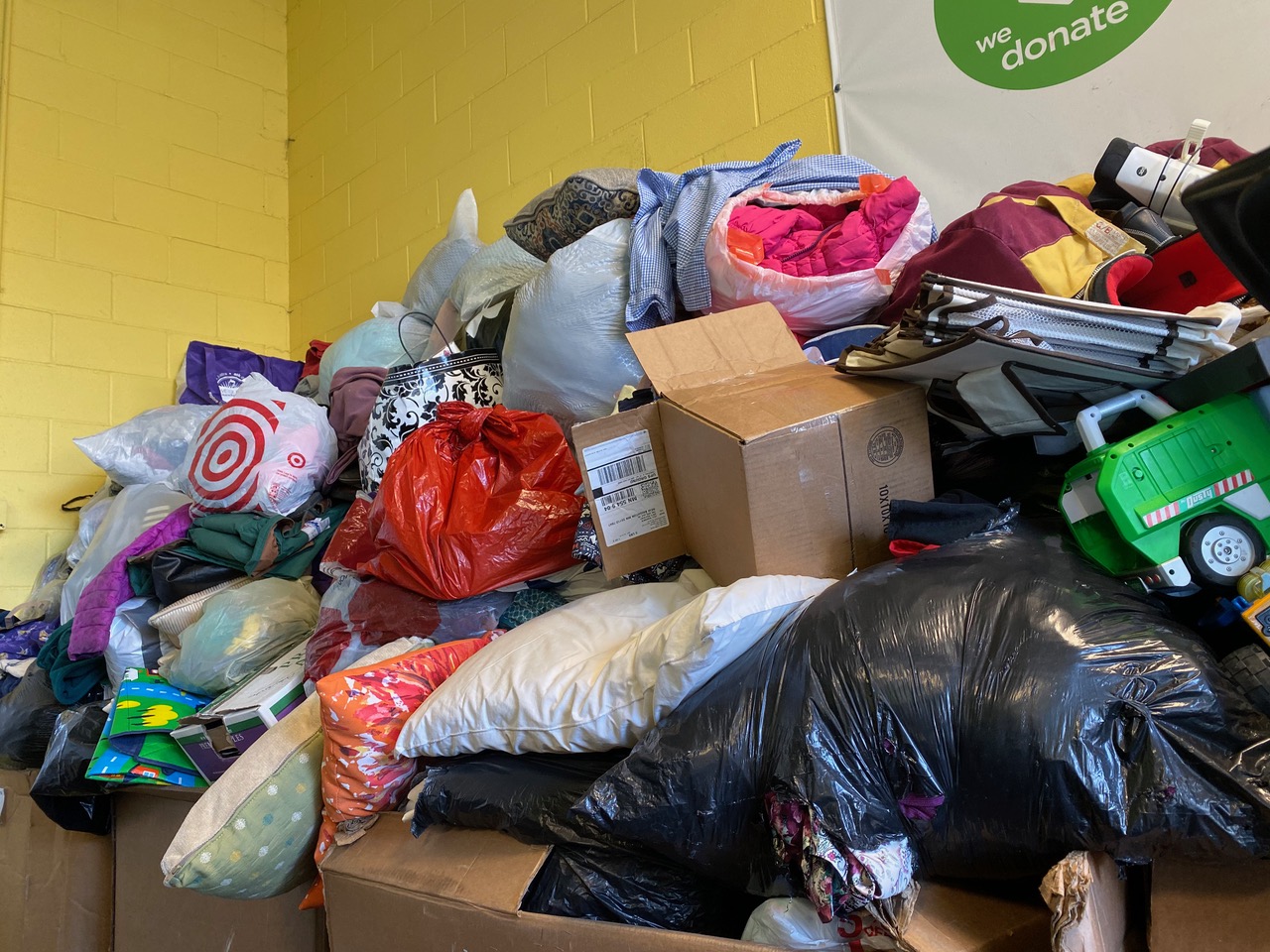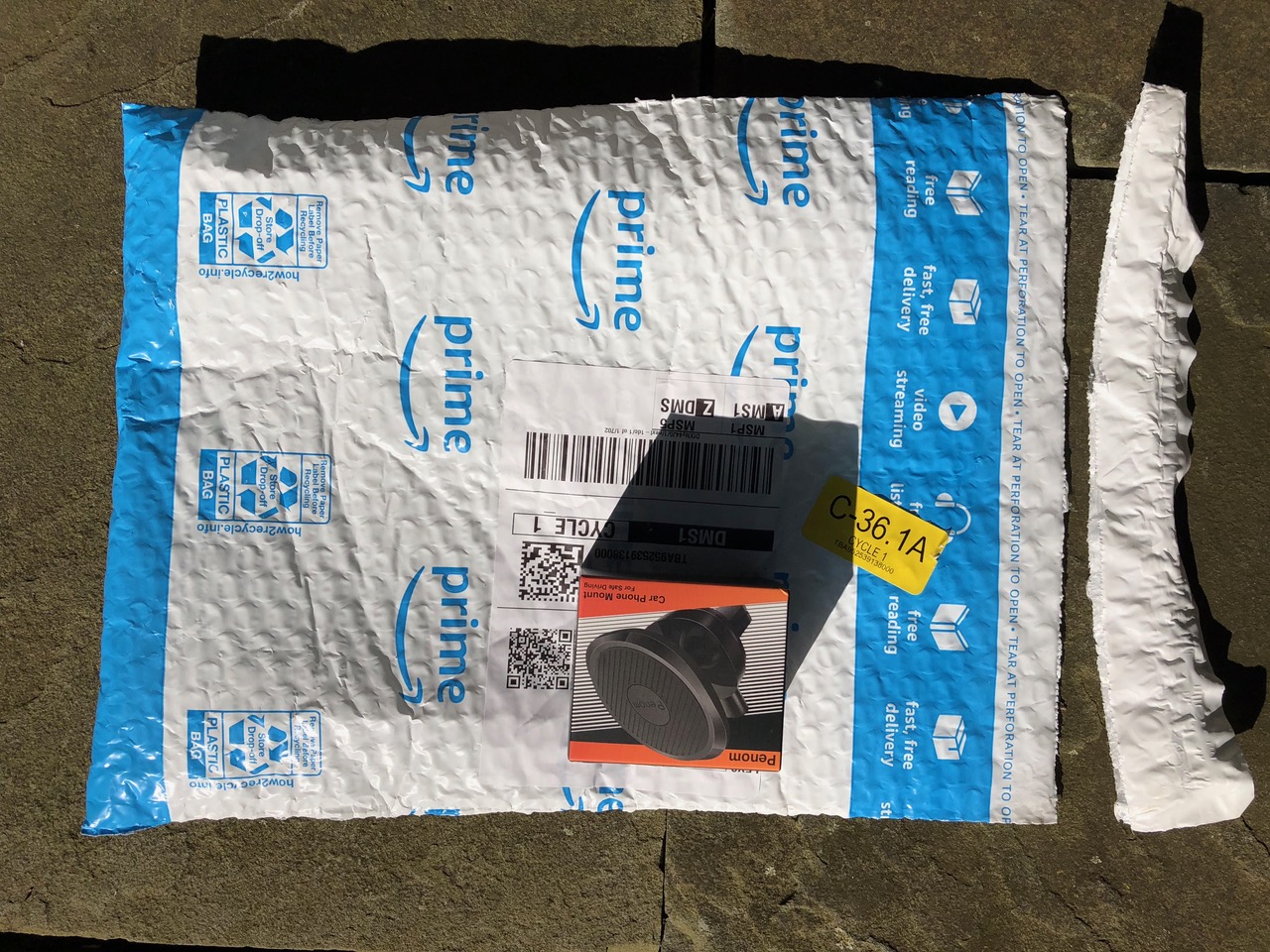Stuff is Making Us Stuck (Part 2)

Last month, in Part 1, we dove into our junk piles and bemoaned the detritus that weighs on us, our culture, and our shifting populations. We continue that slog by taking a peek into where our rejected stuff goes.
It’s not pretty. In fact, the benevolent feeling we may enjoy when dropping off our rejects to charity might be just plain ignorant. Ex-Minnesotan Adam Minter, now a columnist for Bloomberg in Malaysia, provides a rare expert overview, having grown up in a Minneapolis family that has run a scrap heap since 1920s, published a book titled “Junkyard Planet,” and late last year released a follow-up book called “Secondhand: Travels in the New Global Garage Sale.” Mr. Minter also did an interesting Star Tribune interview when recently in town.
- “People like shiny new things”
States Minter. It’s human nature, yet he advocates making things last as long as possible. How? Buy quality, for starters! Not only can you enjoy it longer, but the reuse market should be more plausible. He also recommends repair, despite that cheap goods often sway us just to replace. Another idea: Seek second-hand stuff, since a heckuva lot of it is nearly new.
- What else causes this glut?
You may have noticed this: Often, the merch in Marshall’s has about the same price tag as that in consignment stores. Why? Because the mass production of goods—especially when lower-quality—can be surprisingly price-competitive. So people buy new, and second-hand stores get less traffic.
In fact, Minter notes that thrift stores in the US sell only about a third of their inventory, while the rest gets exported, recycled or tossed in the trash. Ouch.
- Will millennials save us?
Much has been made about their less materialistic lifestyle. But don’t bet on it, says Minter, who cites research suggesting that the shared economy only appeals when it’s cheaper. And that as the millennials accrue more spending power and maturity, they’ll buy happily acquire more, just like other generations.
- Good ideas to help clean up this mess
As mentioned, Minter promotes repair before replace, and insisting on quality. But even more radical, common-sense solutions could include “durability labeling,” which tells you things like how long a company will support smart phone or how many washings a shirt might endure.
He also proposes “right to repair” laws, noting that much repair information is protected by companies, trademarks, trade barriers, and more. Brilliant.
- Sins and solutions
We can all think about our own sins and solutions, of course. And here’s one of mine: Sin—buying lots of new clothing recently at insanely affordable January clearance sales. (When asked who’s my favorite designer, I always say Clearance!) Solution: Spread it all out alongside similar old favorites, and make smart choices about what to keep and what to return.
Heck, sometimes that nice $15 shirt hardly seems worth the bother to take back, right? But there’s principal at work here too. And $15 is $15. Save $15 a day somehow, and you’ve got $5,500 to apply toward that BreakAway you want more than more stuff.
Even better, there will be less clutter-y obstacles in your way!



























